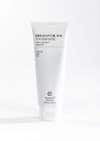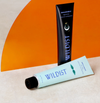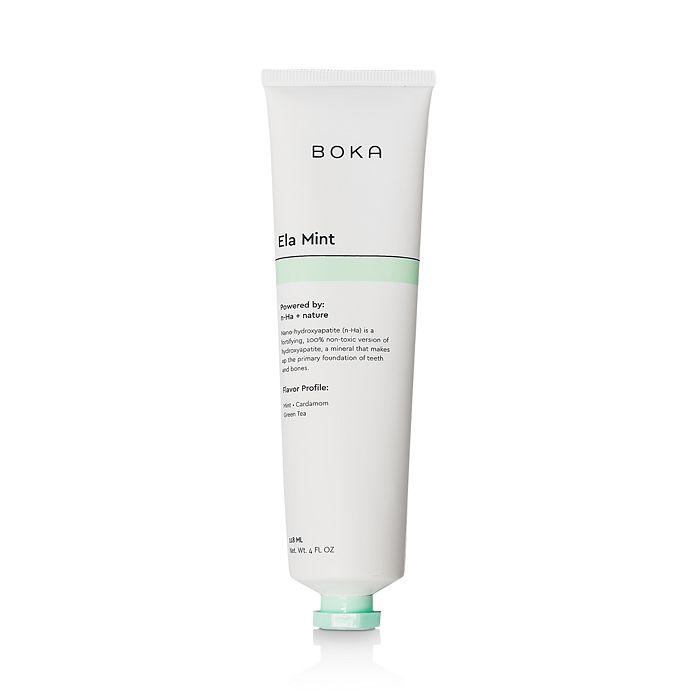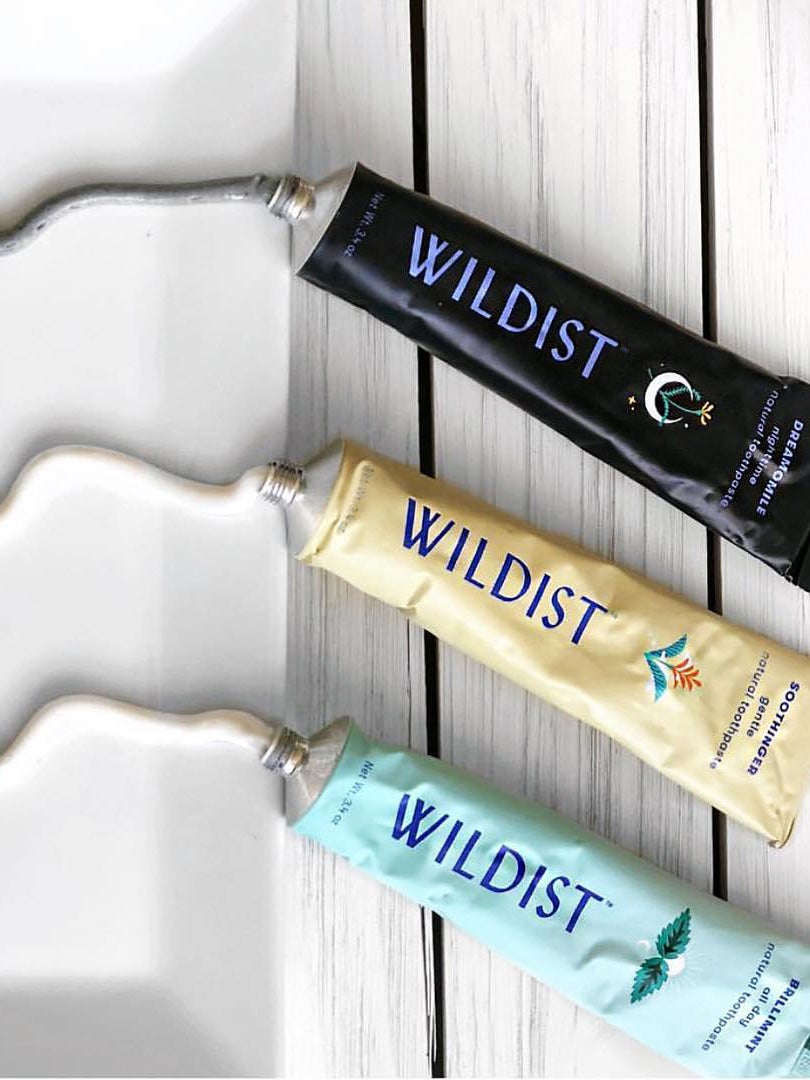Should You Be Using Natural Toothpaste?
Don’t brush it off.
Updated Oct 12, 2018 1:34 AM
We may earn revenue from the products available on this page and participate in affiliate programs.
Maybe you turn on your favorite Top 40 track of-the-moment to time the two minutes it takes to brush your teeth (because you’re definitely brushing for the full two, right?), or perhaps you use the time to meditate. Even then, the activity that bookends your day rarely feels exciting—but some brands are trying to make it a bit more appealing.
New natural toothpaste companies are using buzzy ingredients like turmeric and charcoal to give brushing your teeth what they say is an added wellness bonus. Right off the bat, we can identify a few pros: Knowing what’s actually in the stuff you squeeze onto your toothbrush can make you feel empowered—yes, you do have choices when it comes to your health. Plus, paired with aesthetically pleasing packaging (no offense to your drugstore buy), the pastes of the moment seem to be turning a mindless task into an occasion. But is going natural the right decision for your teeth? We asked a few experts.
Why pick a natural toothpaste in the first place?
According to Azra Red, founder of Terra & Co., many traditional toothpastes contain chemicals such as triclosan, sodium lauryl sulfate (SLS), and artificial coloring and flavors, which, when absorbed through the gums (or accidentally swallowed), may have adverse effects on health—and beyond that, they’re unnecessarily harsh.

Triclosan and SLS in particular might work a little too hard when it comes to cleaning your teeth. “What triclosan would chemically attack, our formula naturally scrubs away,” says Aaron Paas, CEO of Wildist. The FDA even recently passed a ruling prohibiting the use of triclosan as an antibacterial agent in personal care products—particularly with hospital-grade hand soaps in mind. If you wouldn’t put it on your hands, you might not want to put it in your mouth. SLS, similarly, can “overclean” gums, making them vulnerable to inflammation, he adds.
Though the research isn’t totally conclusive, switching to a natural toothpaste can, at least, give you peace of mind. As Red points out, there might be reason for some caution. “Most commercial toothpastes on the market come with warnings like: ‘Keep out of reach of children under 6 years of age’ and ‘If more than used for brushing is accidentally swallowed, get medical help or contact a poison control center right away,’” she says. “Those are pretty scary labels for toothpaste in our daily use.”
Is it just as effective as traditional?
Ultimately, the decision to go traditional or natural is a personal one, especially if you have a history of dental issues. “Everyone’s oral health needs are a little different, so we always recommend talking with your dentist or hygienist about what toothpaste is right for you,” Paas says.

That said, there’s also the issue of fluoride, which can be found in some natural toothpastes but is purposefully omitted in others. Basically, fluoride strengthens tooth enamel and protects against cavities (which is why it was added to drinking water in the 1940s), but there have been more recent concerns about overdoing your intake. According to Dr. Ben El Chami, cofounder, chief dental officer, and lead dentist at New York City’s DNTL Bar, the decision to use it is up to you. “Research shows that fluoride toothpaste is completely safe, but if you do want a fluoride-free option, there are natural options with other ingredients to protect your teeth,” he says.
What’s the best one?
El Chami names xylitol, green tea extract, papaya plant extract, citric acid, and good ole baking soda as fluoride substitutes that will naturally help prevent cavities and plaque (and keep your smile bright!). He gives Tom’s of Maine, specifically, a thumbs-up.

But in an industry with constant research and development, there are plenty of additional ingredients to consider. Terra & Co., for example, uses charcoal, since it’s both antibacterial and antifungal, and, as Red explains, it can bind with plaque and tartar to naturally remove stains.
In Boka’s Ela Mint toothpaste, which CEO and founder James Hagen refers to as existing “at the intersection of natural toothpaste and modern science,” nano-hydroxyapatite (a smaller version of the main component in enamel) helps prevent cavities.
Developed with the help of a testing panel of 30 people, a survey sent to 200 people, and a U.S. manufacturer with more than 100 years of experience, Wildist’s toothpastes feature such ingredients as white tea and turmeric, which provide antioxidants, and sodium cocoyl glutamate, which serves as a sudsy, natural alternative to SLS.
Now to improve our flossing habits…
See more wellness: What Happens to Your Body When You Get Acupuncture Every Week 6 Things to Remove From Your Bedroom for Better Sleep Your Favorite Bath Product From the ’90s Is Back
